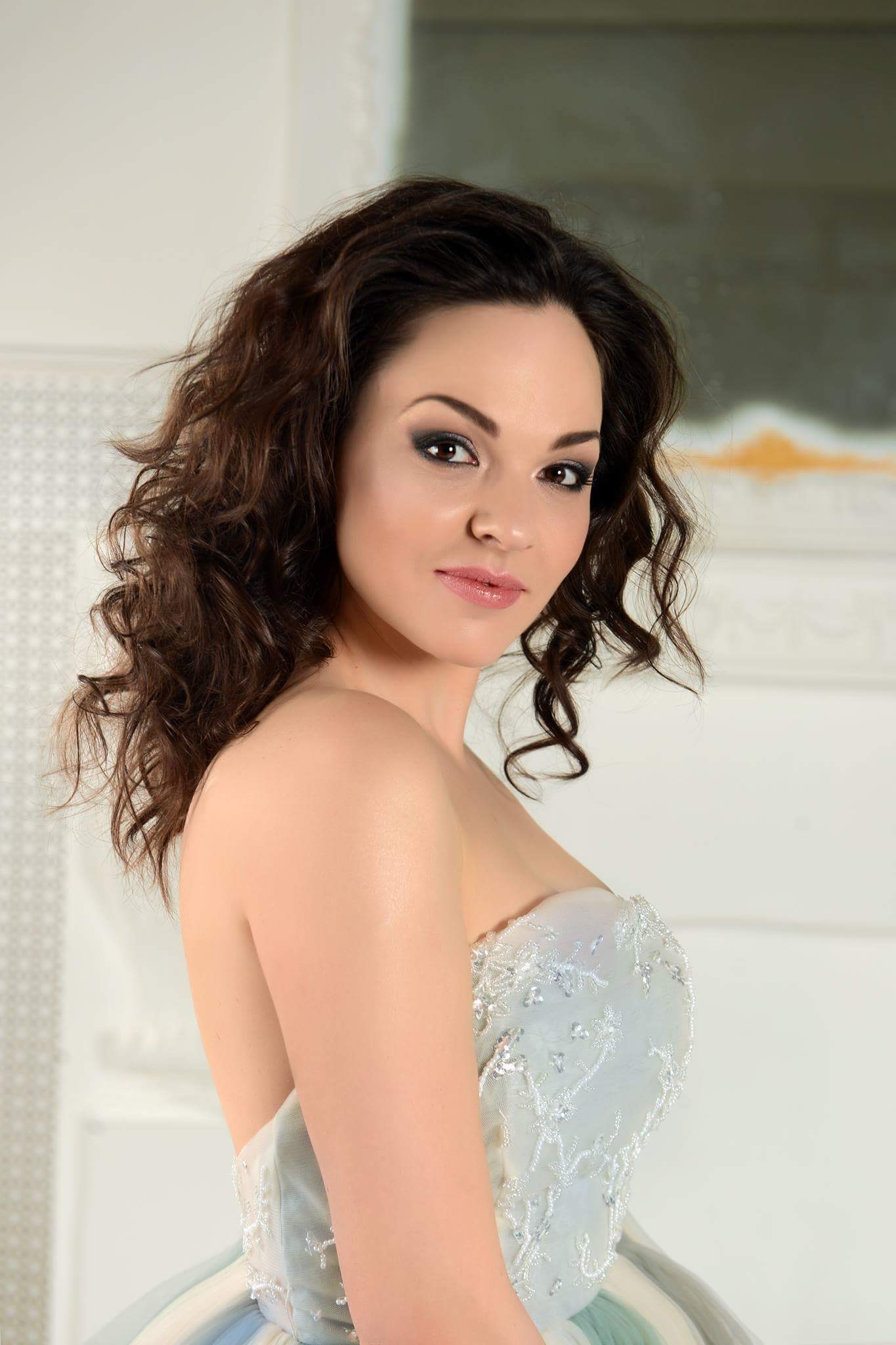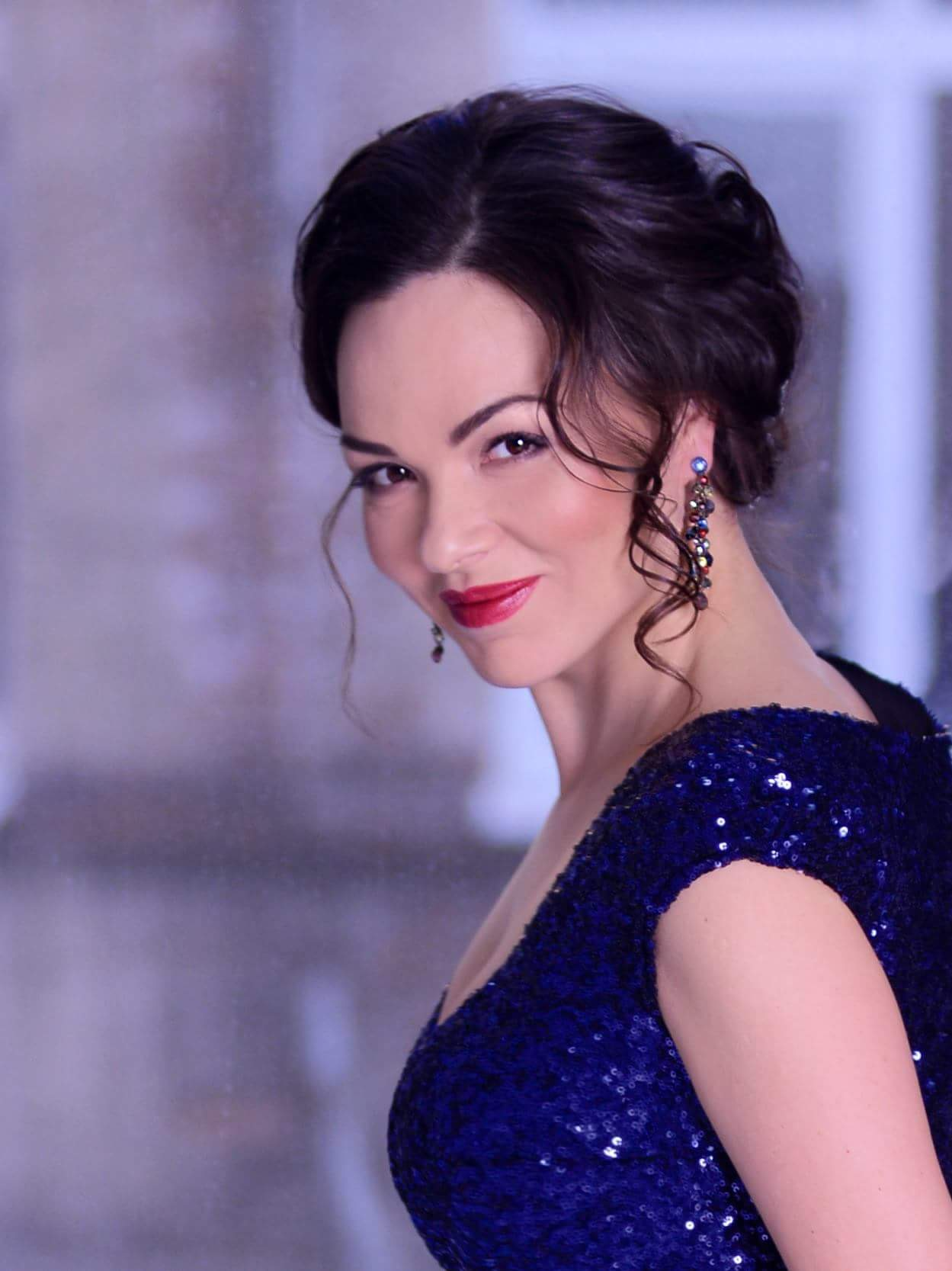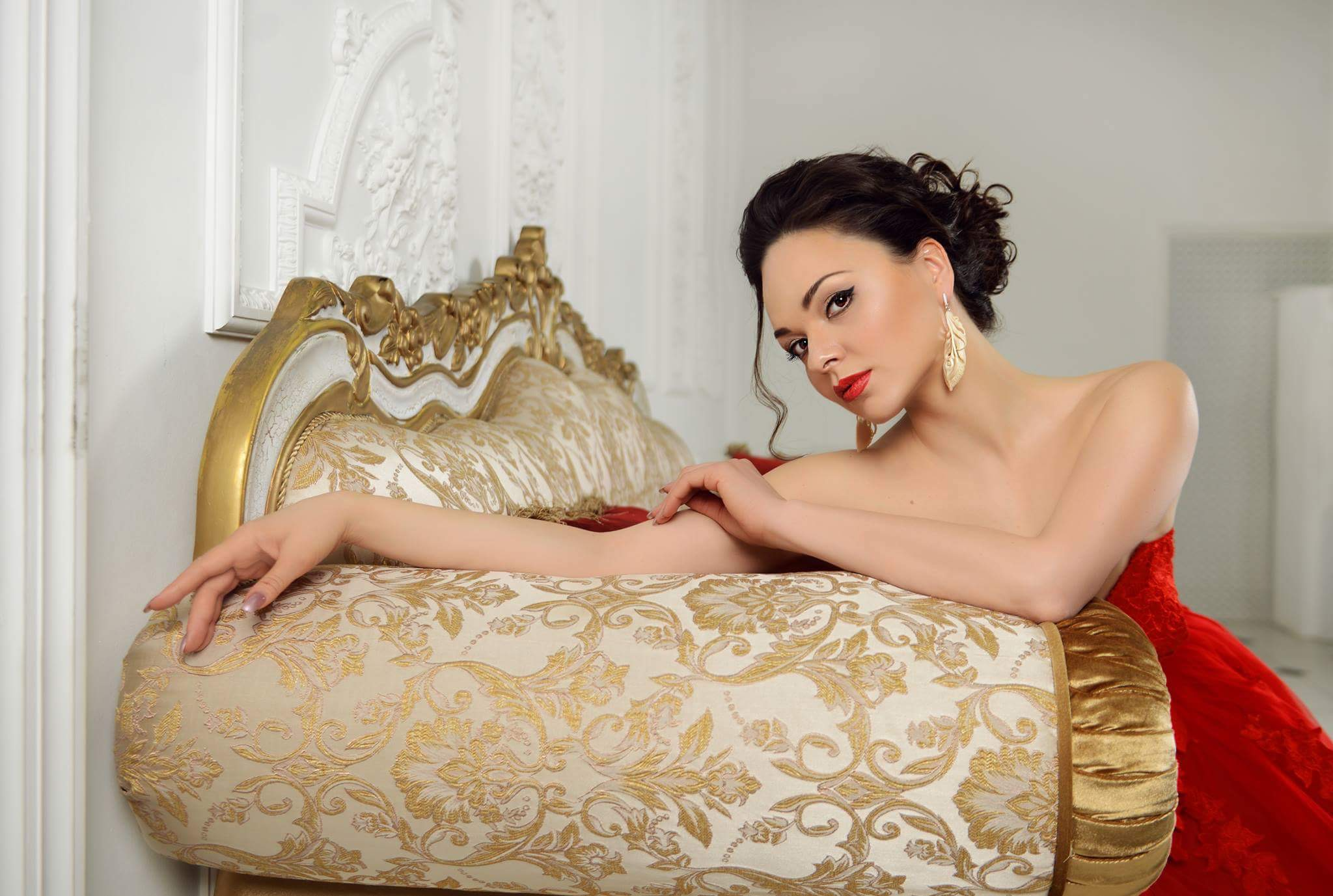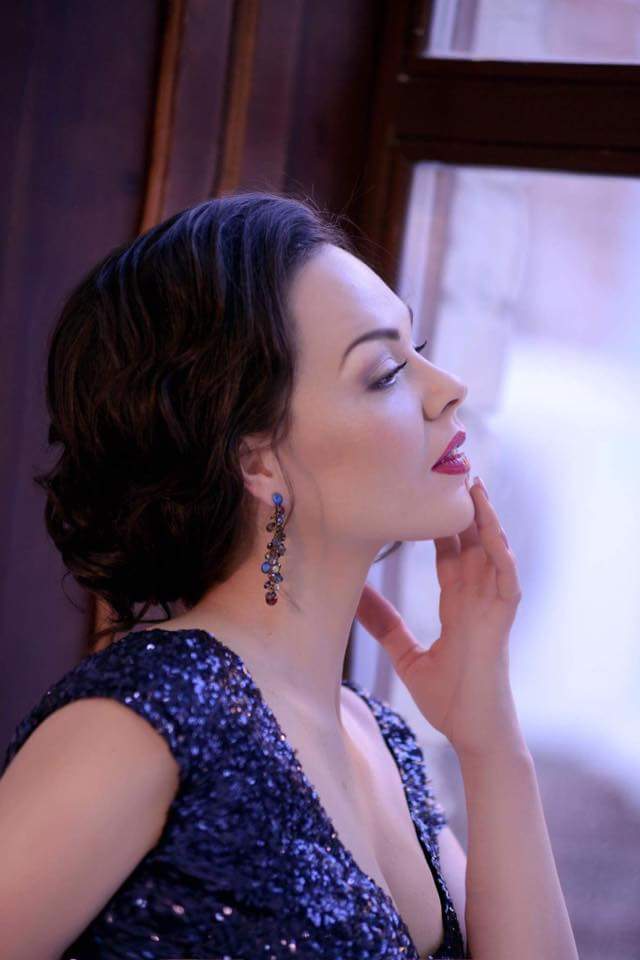
Soprano
Anna Nechaeva
"The sensation of WNO’s cast is Anna Nechaeva, who made an outstanding U.S. debut as Tatiana. [Sung ] with innocence, passion, and dreaminess." - Washington Classical Review
Represented by

"The sensation of WNO’s cast is Anna Nechaeva, who made an outstanding U.S. debut as Tatiana. [Sung ] with innocence, passion, and dreaminess." - Washington Classical Review
Represented by
Valery Gergiev, Conductor
Claus Guth, Stage Director
Valery Gergiev, Conductor
Evgeny Sokovnin, Stage Director
Valery Gergiev, Conductor
Adrian Noble, Stage Director
Return to Royal Danish Opera as Aida, Minnie La fanciulla del West at Teatro Regio di Torino, Tosca with Opera Hong Kong, Iolanta, Tosca and Élisabeth Don Carlos at Bolshoi Theatre Moscow.
La Monnaie de Bruxelles as Lisa Pique Dame, Royal Danish Opera and Teatro Regio di Torino as Aida; Rusalka, Maria Mazeppa, Iolanta, Tosca and Elsa Lohengrin, Manon Lescaut, Élisabeth Don Carlos and Amelia Un ballo in maschera at Bolshoi Theatre Moscow, Aida with the Israeli Opera, Lisa Pique Dame at Teatro di San Carlo, Maria Mazeppa at Philharmonie de Paris and Halle aux Grains de Toulouse, Tatyana Eugene Onegin with Washington National Opera, Polish National Opera, and Seiji Ozawa Matsumoto Festival, Manon Lescaut at Staatsoper Berlin.







Lisa - Uzh polnoch blizitsa...
Tchaikovsky - Pique Dame
Lisa - Uzh polnoch blizitsa...
Tchaikovsky - Pique Dame
Leonora's Aria
Verdi - Il Trovatore
Leonora's Aria
Verdi - Il Trovatore
Soprano Anna Nechaeva played Lisa with dramatic depth, showing utter confidence in her technique, as she displayed a wide range of emotions in her voice. Her aria in Act 3, a desperate song of strong impact, revealed a warm clarity and richness in her upper register.
Pasta lirica pura e intensa sfodera al suo fianco la brava Anna Nechaeva, soprano dalla proiezione agevole e omogenea, ricca di morbidi legati e di accenti accorati.
Anna Nechaeva, Liza, con colorature espressive al limite del velluto, ma da plasmare sulle sfaccettature più drammatiche.
Die adrette Anna Nechaeva ist der Widerpart mit schöner und zugleich willensstarker Sopranstimme. Sie tariert die Launen und Gemütsschwankungen der Polina virtuos aus.
L’on sort de l’opéra troublé aussi bien par la voix d’Anna Nechaeva que par le final visuellement magnifique où les jetons tombent du ciel comme des bombes.
... während sich Anna Nechaeva beeindruckend aus der Chorschar heraus verausgabt
Anna Nechaeva sang from within the chorus, giving her, too, a heightened, removed position from where her clear and melodious soprano projected over the orchestration.
... with the exquisite and moving voices of tenor Ian Bostridge, baritone Matthias Goerne, and soprano Anna Nechaeva When soprano Anna Nechaeva entered, the texture of her fluent voice at once lifted and lightened the martial sound of Goerne’s baritone, while adding a suggestion of fire and wailing
The sensation of WNO’s cast is Anna Nechaeva, who made an outstanding U.S. debut as Tatiana. The Russian soprano had all of the vocal qualities for the role, and she imbued the Act I Letter Aria with innocence, passion, and dreaminess. The power of the performance came just as much from her acting abilities, making the character both vulnerable and exalted. Towering strength came later in Act III, when she finally put Onegin in his place, singing with a more mature vocal presence.
Washington National Opera did indeed “discover” a Tatiana for our times in the ravishing Anna Nechaeva, whose voice is as expressive and lovely as her form. She is the real deal, a singing-actress of keenly honed talent and stage presence, who at one moment timidly darts across the stage like a startled bird, then buoyantly leaps up onto a bed like a jubilant child. She holds nothing back in her portrayal of youthful warmth and romantic fervor, then makes the whole auditorium feel her anguish and humiliation at the hands of a careless man. But she endures and keeps a loving heart so that at the end she gains a noble dignity. I had expected the soprano to possess a powerful but thrown-back vocal placement and “heavy” sound as many Russian singers do. Instead, though there are delicious dark notes and depth in that voice, it is balanced with a forward placement that keeps everything bright and every note spinning out seemingly effortlessly. In “The Letter” aria, Nechaeva navigates the sudden emotional and musical changes, committing herself to every musical and dramatic moment and all sourced from the character’s thoughts. She starts, hesitating, then chases mentally a glimmer of love but soon moves into full throttle, then commits, willing to throw herself recklessly at Onegin to save her helpless, romantic heart. At one point, she runs headlong around the stage, scooping up leaves only to fling them high into the air (and they scatter behind her,) then throws herself to the ground and rolls down the steeply raked stage, blanketed in autumn leaves. Overcome by her own exertions and realizing such passion is dangerous, she dives down into smoky dark notes of intense doubt and melancholy, accessing a strong mezzo sound.
Anna Nechaeva’s Tatiana is glorious, with the recklessness of young love fully on display; with the fiery leaves of Autumn thick on the ground, when Nechaeva sings Tatiana’s immortal love aria for Onegin she gets to act out her impulsiveness, rolling and flinging leaves to show the conflict of joy and dread she feels.